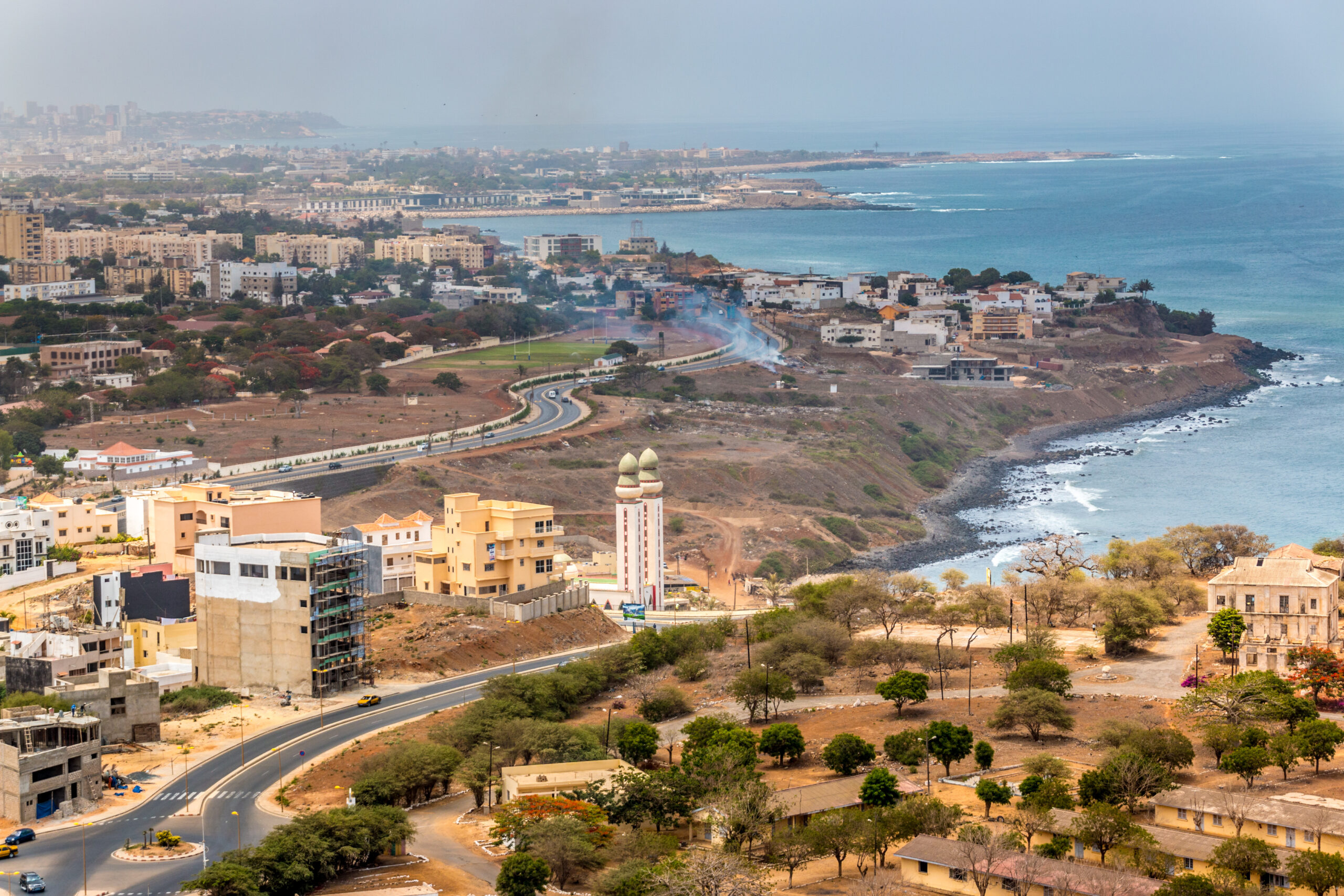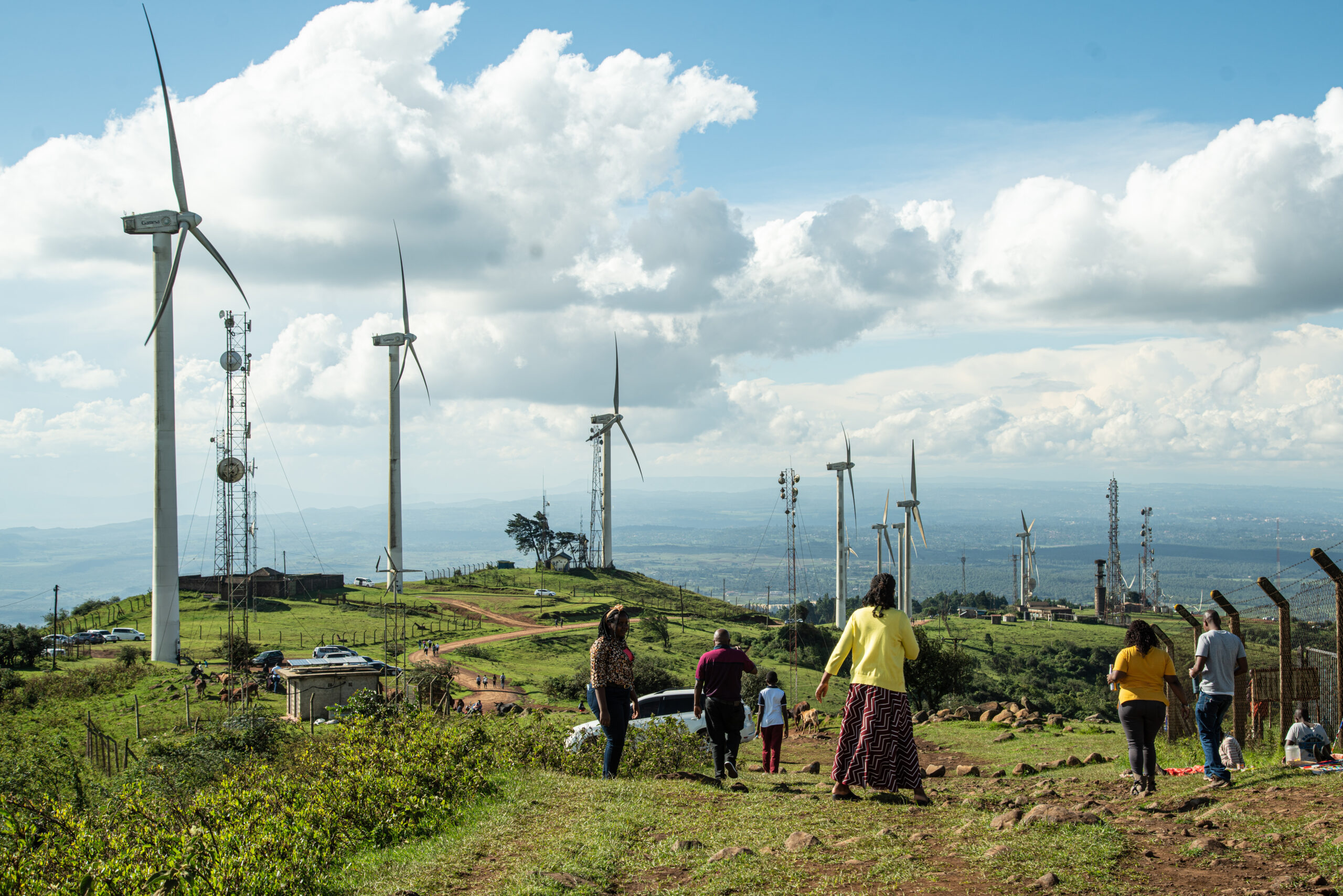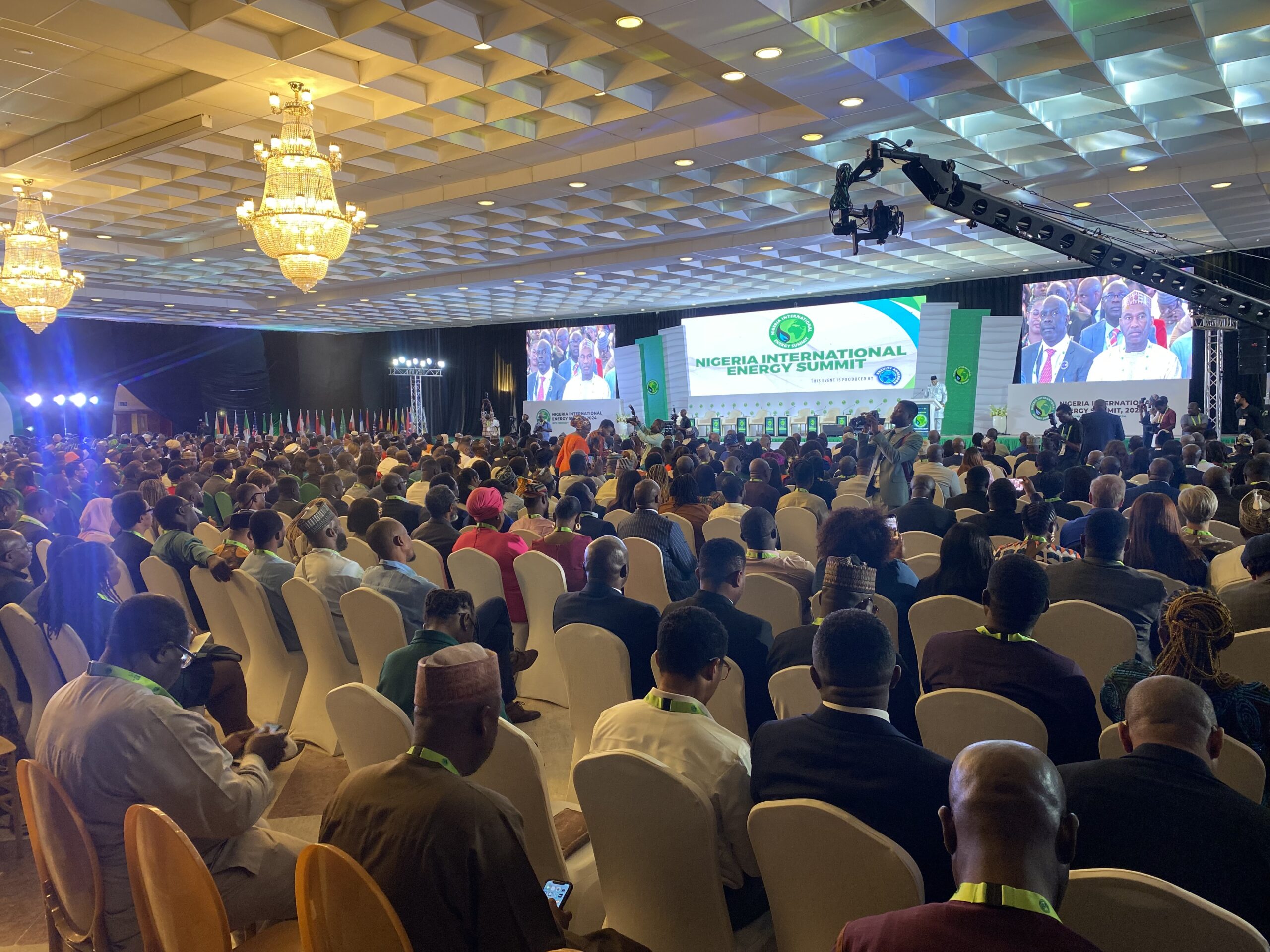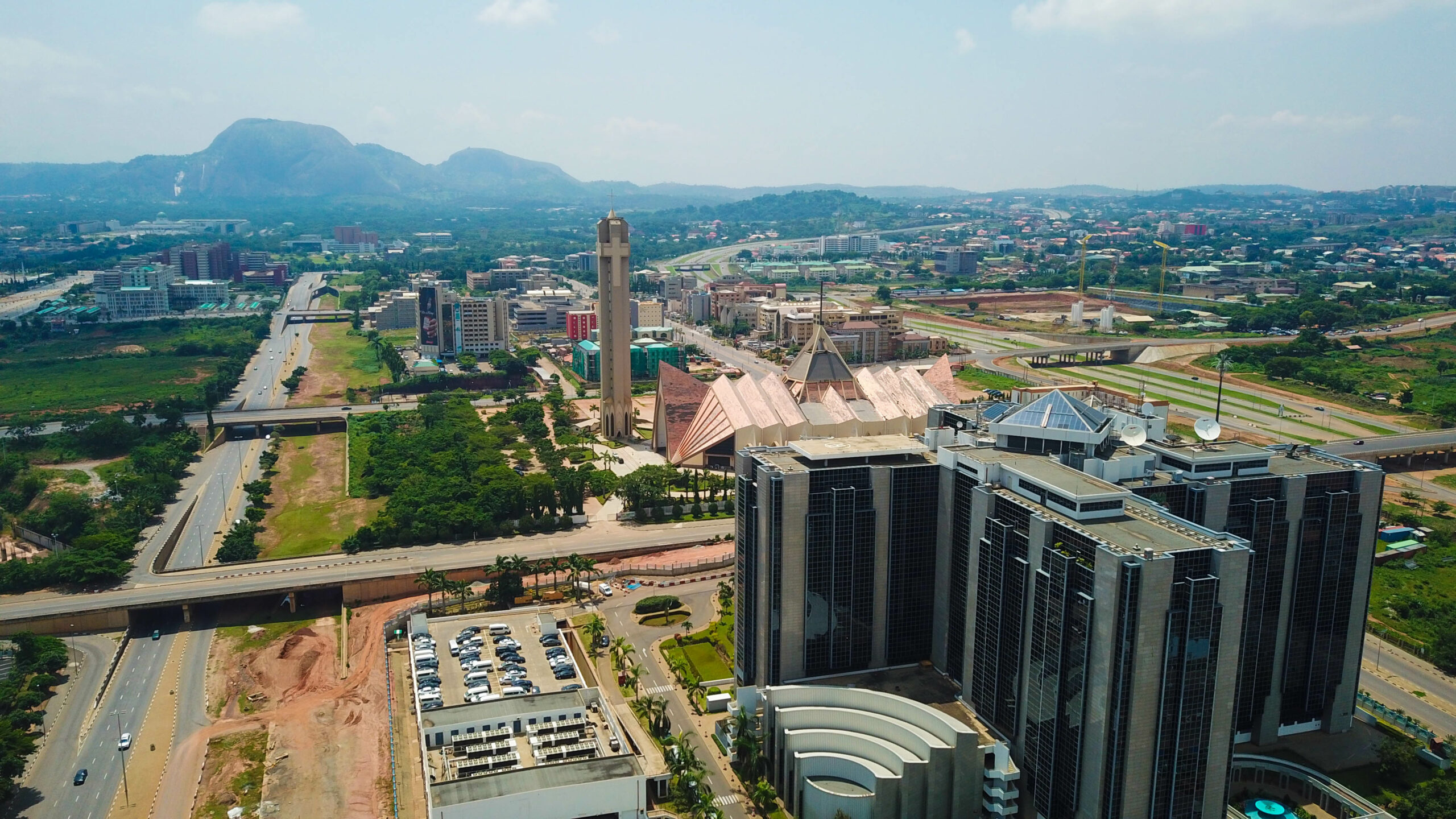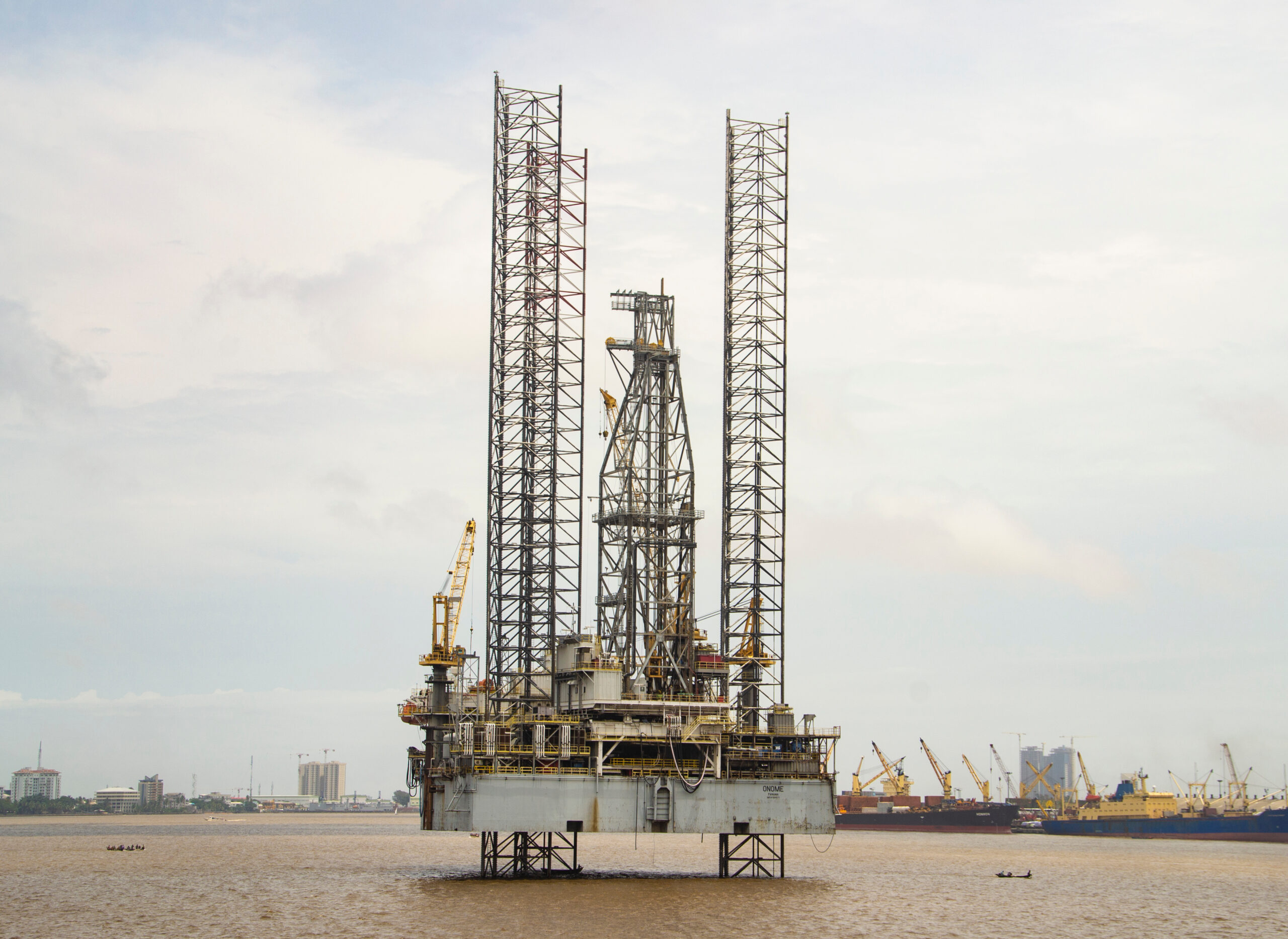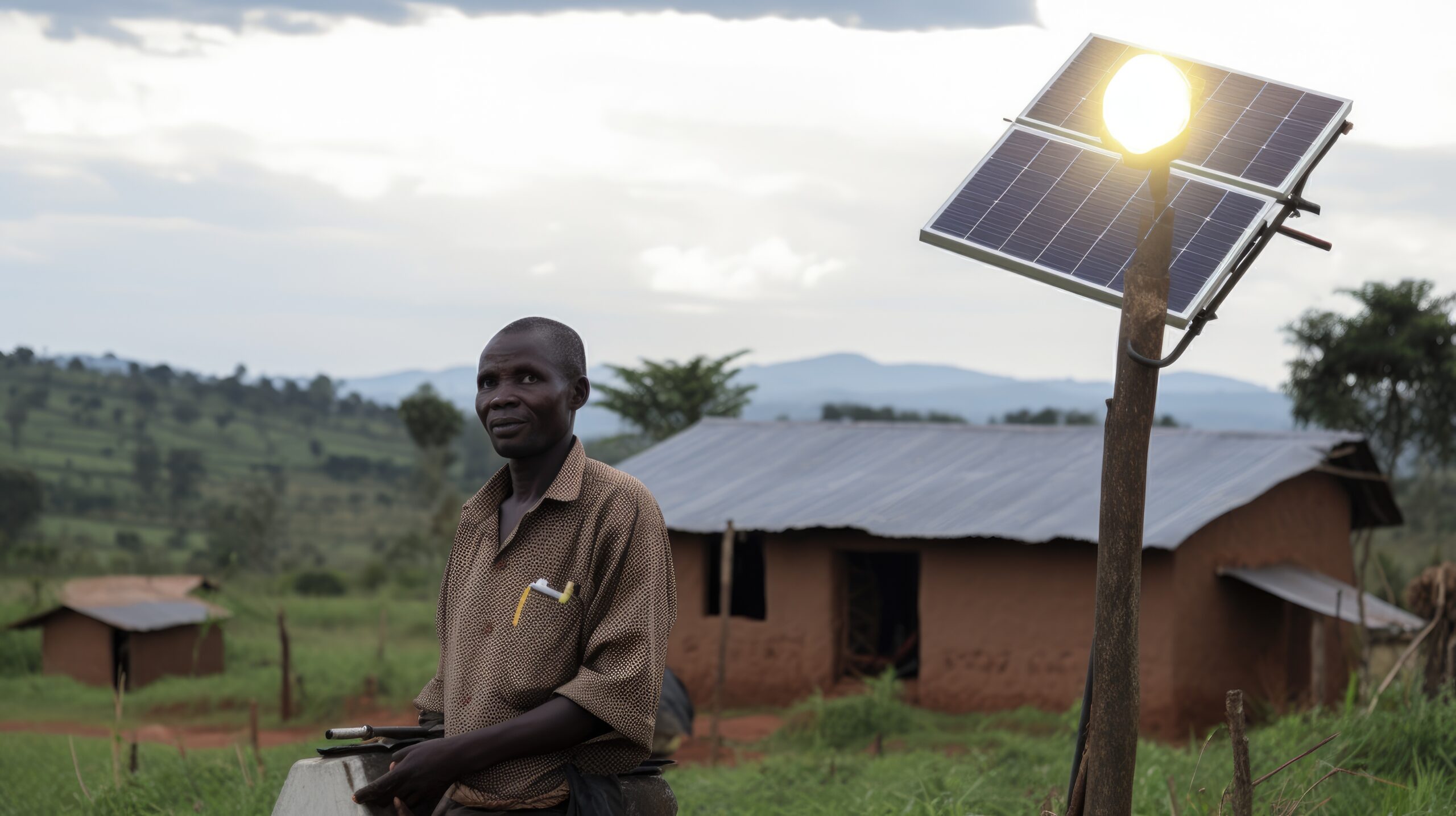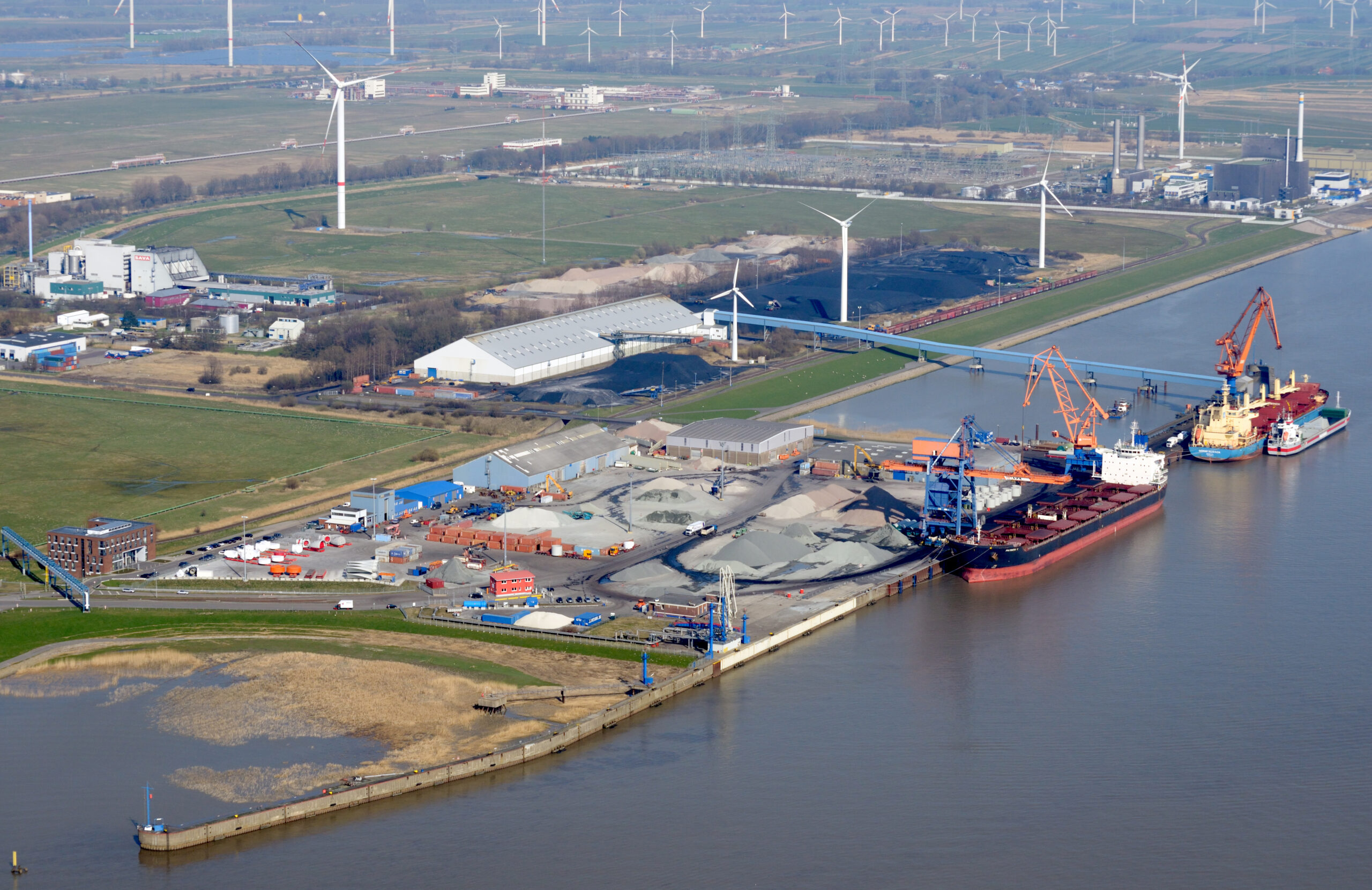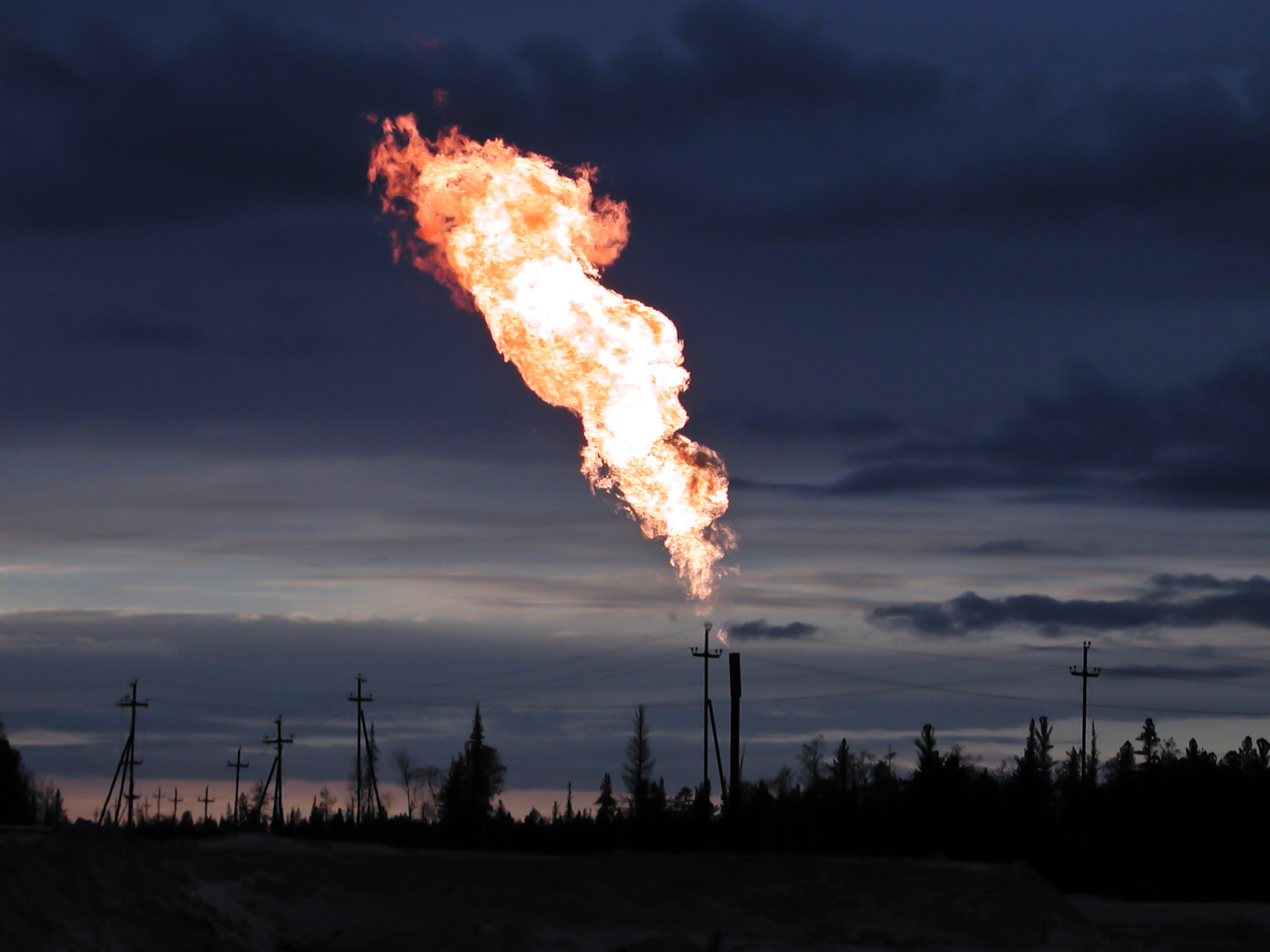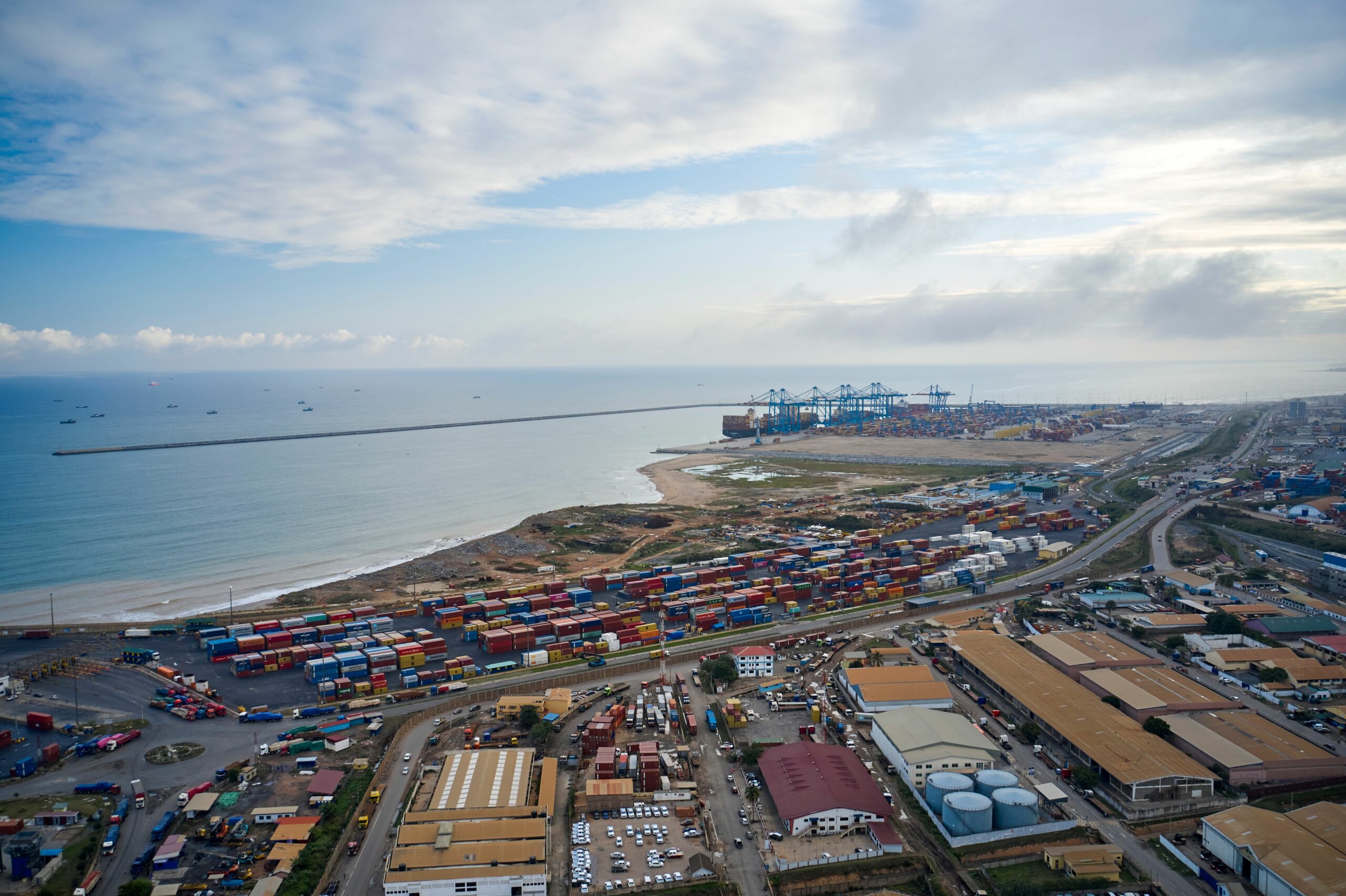 Samuel Ajala
Samuel Ajala
Samuel Ajala
Samuel is a climate and energy transition journalist and researcher based in Abuja, Nigeria. He writes about Nigeria and Africa more widely for Gas Outlook, and reports from energy conferences.
Senegal’s latest Energy Policy Review outlines progress in renewable energy, highlighting challenges and emphasising the inclusive governance needed for sustainable economic growth.
Kenya’s energy transition pathway aims for net zero emissions by 2050 through renewable energy adoption. Experts noted challenges including lack of infrastructure and financing.
At the Nigeria International Energy Summit, the country’s upstream regulator stressed the need for due process during IOCs’ divestment in Nigeria amid Shell’s sale.
African leaders and energy experts are convened at Nigeria International Energy Summit this week.
Shell has sold its Nigerian subsidiary to a local consortium for $2.4 billion, exiting onshore, prompting experts to raise environmental and legal concerns.
Uganda’s new energy transition plan marks progress but emissions reductions efforts could be complicated by the planned East African Crude Oil Pipeline, experts told Gas Outlook.
A new Nigeria-Germany gas export deal has raised concerns about potential impact on decarbonisation targets.
An Africa Energy Chamber report advocates for Africa to minimise gas flaring, prioritise utilisation, impose penalties, and boost renewables.
The West African nation has unveiled a $550 billion decarbonization plan aiming for net zero by 2060, but experts said Ghana’s energy transition faces a number of potential hurdles.
Cooking gas prices in Nigeria have surged, forcing low-income households to turn to less efficient and harmful alternatives like firewood. Experts say cleaner alternatives should replace cooking gas.

